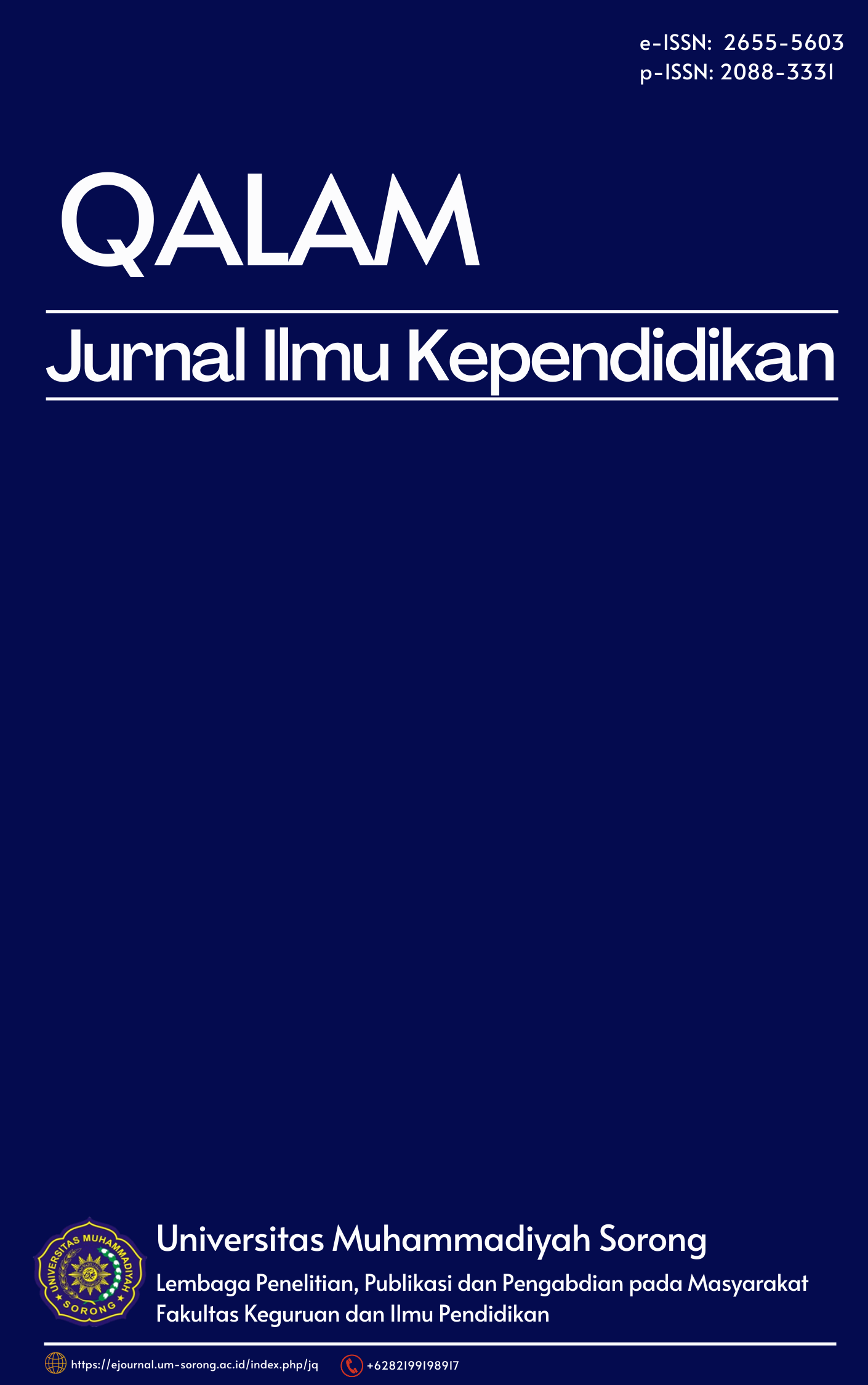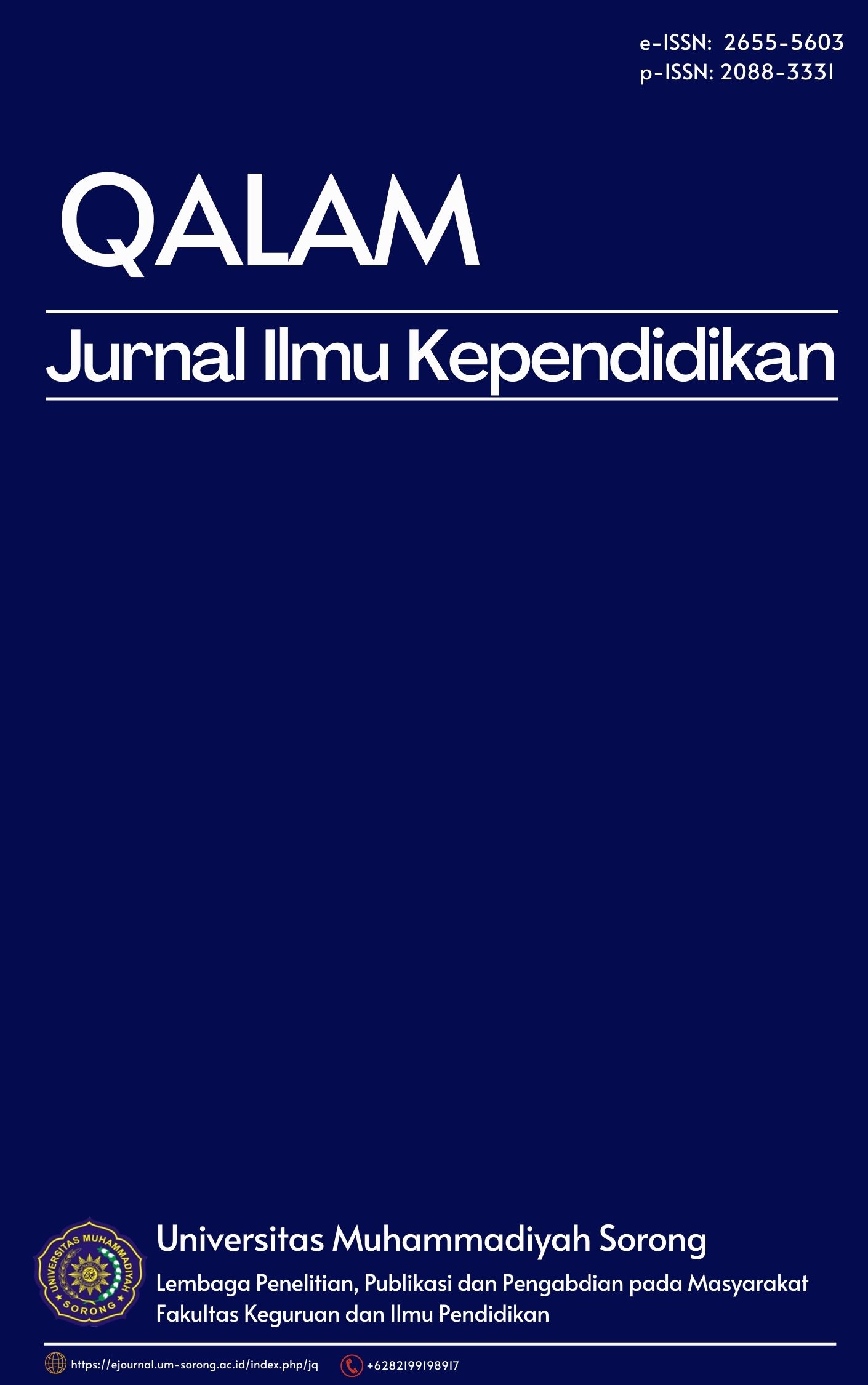Penerapan Model Pembelajaran Sosiodrama dalam Meningkatkan Keterampilan Public Speaking Mahasiswa di Universitas Patompo
Penerapan Model Pembelajaran Role Playing (Bermain Peran) dalam Membentuk Karakter Mahasiswa Sebagai Calon Pendidik di Universitas Patompo
DOI:
https://doi.org/10.33506/jq.v12i1.2563Abstract
The sociodrama model is a role-play learning model in an interesting learning activity to help students improve their public speaking skills. This study aims to improve students' Public Speaking skills through the sociodrama learning model at Patompo University. This research was carried out using a qualitative approach and research design in the form of PTK. The research was carried out in 2 cycles. The population in this study were all students of FKIP Patompo University, while the sample in this study was class 1B students of Economics Education FKIP UP with a total of 27 students. This study uses qualitative data and quantitative data. Qualitative data were obtained by observation and questionnaire techniques, and quantitative data were obtained through direct tests with the application of the sociodrama model. Qualitative data were analyzed through three stages, namely data reduction, data presentation, and drawing conclusions, while quantitative data were analyzed using descriptive statistical analysis. The results showed that there was an increase in the average score for each aspect assessed in learning. It can be concluded that the sociodrama learning model can be an interesting learning method in improving students' Public Speaking skills at Patompo University

Downloads
Published
How to Cite
Issue
Section
License

This work is licensed under a Creative Commons Attribution-ShareAlike 4.0 International License.
The article copyright is owned by the author and Qalam: Jurnal Ilmu Kependidikan

This work is licensed under a Creative Commons Attribution-ShareAlike 4.0 International License.




